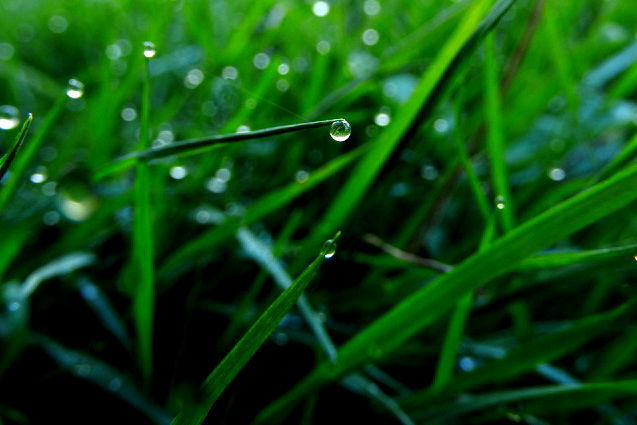Scientists accidentally turn humid air into clean energy



By Carl Samson
A research team at the University of Massachusetts Amherst has successfully generated energy out of thin air.
How it started: The team first discovered the possibility in 2018 while working on a sensor for air humidity.
Senior author Jun Yao told the Guardian that it all started when a student forgot to plug in the sensor’s power. Afterward, they realized that the sensor — which was made of nanowires — produced electrical signals nonetheless. They learned that each nanowire allowed for an airborne water molecule to enter, and each “bump” it made inside resulted in a small charge.
Their latest finding: The team has since worked to develop their discovery. In 2020, Yao and another co-author, Derek Lovley, reported that electricity could be continuously harvested from the air using a specialized material made of protein nanowires grown from a bacterium called Geobacter sulfurreducens.
In their latest study published in the journal Advanced Materials last month, Yao and his team — including lead author Xiaomeng Liu, Hongyan Gao and Lu Sun — reported that nearly any material can be used for the same purpose as long as they are dotted with “nanopores.” These are holes with a diameter of less than 100 nanometers, or as Yao puts it, “less than a thousandth of the width of a human hair.”
How it works: The result is essentially a battery. Because the pores are so small, water molecules harvested from the air bump into their edge. The upper part of the harvester then becomes concentrated with more charged molecules than its lower part. An imbalance is created, akin to clouds capable of producing lightning.
The bigger picture: The findings present the possibility for a future that derives clean energy from anywhere — as long as there’s humidity. Harvesters can be made from almost anything and can be tailored for different environments.
“This is very exciting,” lead author Liu said in a statement. “We are opening up a wide door for harvesting clean electricity from thin air.”
Share this Article
Share this Article





